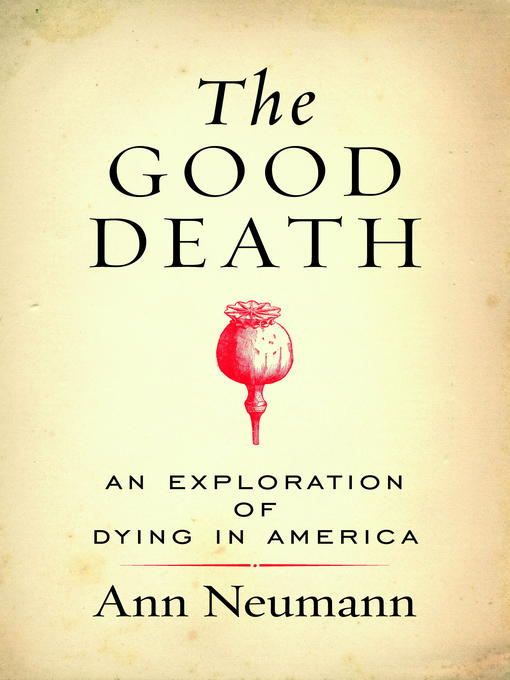- New Non-fiction eBooks
- Most popular
- New Fiction eBooks
- New YA eBook
- YA Romantasy
- New York Times Bestsellers - Adult Fiction eBooks (Updated January 27th)
- New York Times Bestsellers - Adult Non-Fiction eBooks (Updated January 27th)
- See all
- New Non-fiction eAudiobooks
- Most popular
- New Fiction eAudiobooks
- New YA eAudio
- New York Times Bestsellers - Adult Fiction Audiobooks (Updated January 27th)
- New York Times Bestsellers - Adult Non-Fiction Audiobooks (Updated January 27th)
- See all
- Popular magazines
- Business & Finance Magazines
- Cooking, Food & Drink
- Craft Magazines
- Fashion Magazines
- Gaming
- Gardening and Landscape
- Kids Magazines
- Health and Fitness Magazines
- Hobbies
- House and Home
- Men's magazines
- Science & Technology Magazines
- See all


